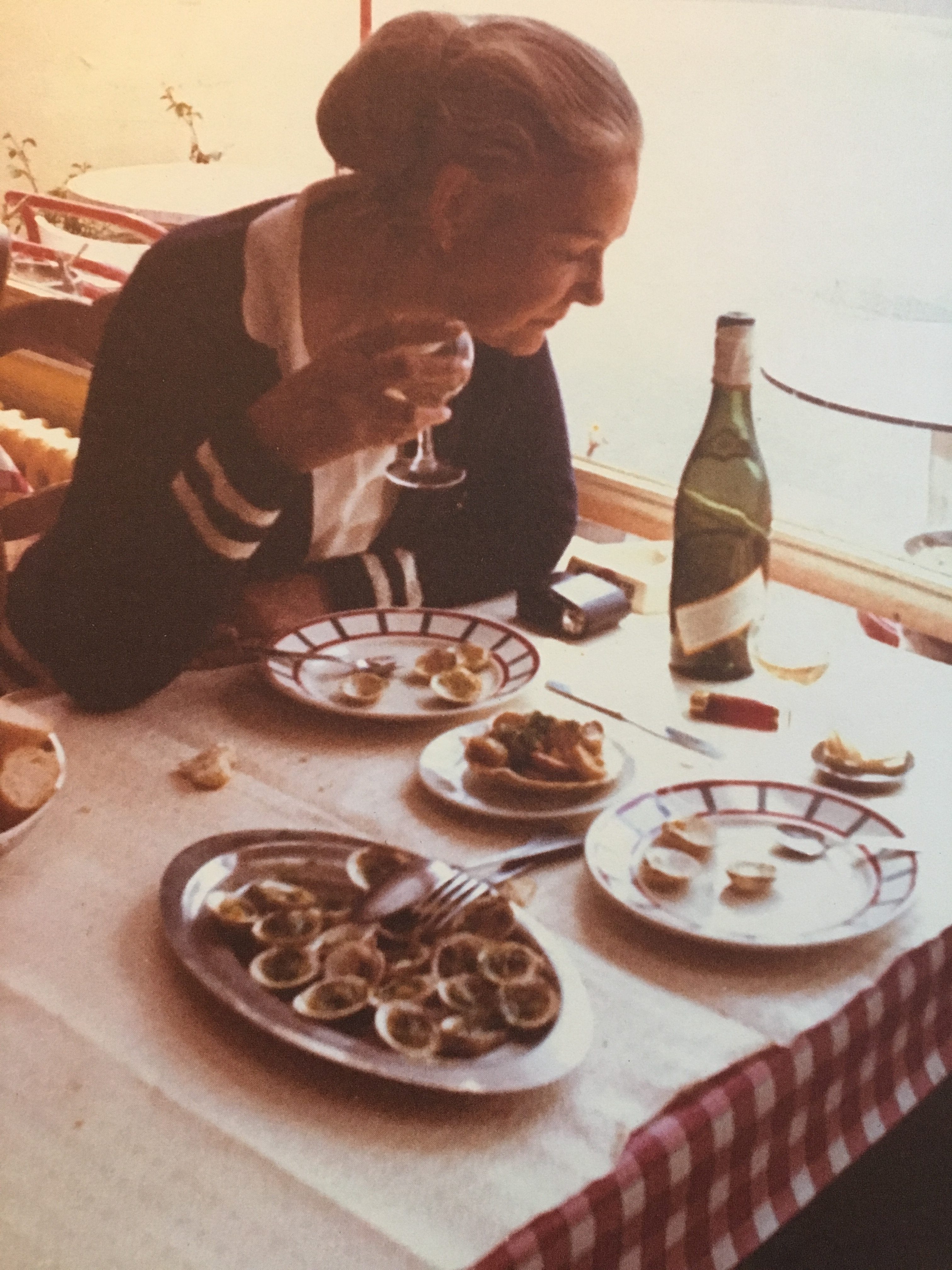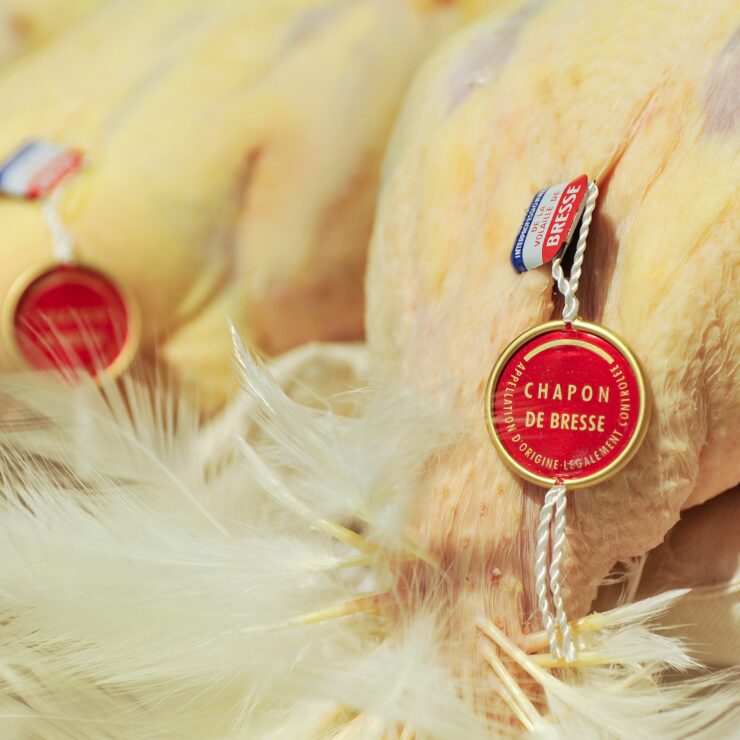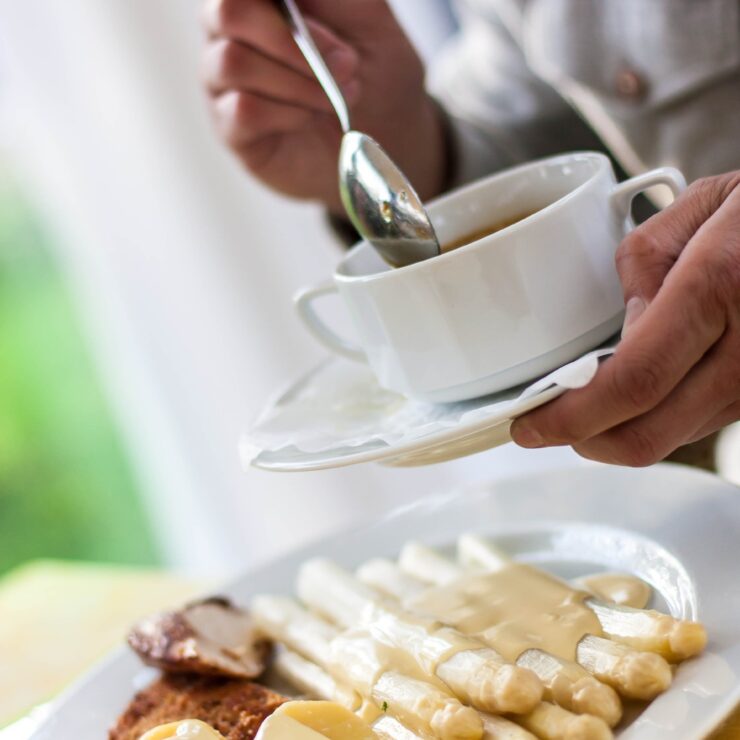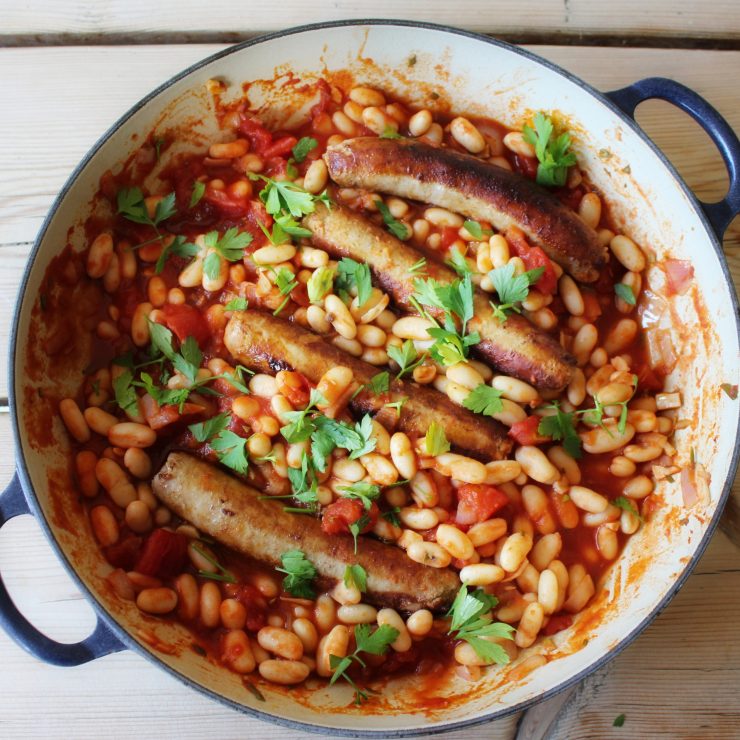Elizabeth David is one of my culinary heroines. She not only revolutionized the way Britain ate, but masterfully captured the essence of French cuisine.
A DIFFERENT KIND OF FOOD
Elizabeth David was born into an upper class family in Sussex in 1913. At the age of sixteen, she developed a passion for food and wine while living in Paris where she was studying history and literature at the Sorbonne. There, she was hosted by a middle-class French family in Passy who introduced her to the pleasures of the palate. So much so, that when she returned home, it wasn’t her studies that had left a lasting impression on her, but the food she ate while there. In her book, French Provincial Cooking, she writes: “Forgotten were the Sorbonne professors and the yards of Racine learnt by heart, the ground plans of cathedrals I had never seen, and the saga of Napoleon’s last days on St. Helena. What had stuck was the taste for a kind of food quite ideally unlike anything I had known before.”
Later on, David traveled extensively and lived in France, Italy, Greece, Egypt and India. In those countries — where she had access to some of the most beautifully vibrant ingredients such as lemon, apricots, tomatoes, almonds and olive oil — she continued to develop her interest in food and learned to cook regional and, for the time, rather exotic dishes.
CULINARY INSPIRATION… & HOPE
Upon her return to post-war Britain in 1946, however, she was dismayed by what she encountered. Food was scarce and rationing was still in force. To console herself, she began writing about her sunny culinary experiences abroad. Her work appeared in Harper’s Bazaar and was later brought together in her first book, A Book of Mediterranean Food, which was published in 1950. Filled with colorful dishes such as paella valenciana, spaghetti with mussels, tarte aux tomates, hummus bi tahina, and peaches in wine, the book served more as a source of inspiration and culinary daydreaming than an actual cookbook. Basic ingredients were still hard to find, much less ingredients such as the ones featured in her book. Nevertheless, David’s words brought light and hope to the hearts of the British after the darkness of the Second World War.
In 1955, when the first Penguin edition of the book was published, things were starting to really improve. Rationing had ended a year earlier, and foreign products slowly became available. David’s recipes revolutionized the way Britain ate and made Mediterranean cooking accessible. Cooking was no longer a tedious task, but a creative endeavor. David taught her readers that with simple ingredients, they could produce the most exquisite meals.
AN ODE TO FRENCH CUISINE
David went on to publish several more books, including two solely devoted to the French kitchen: French Country Cooking published in 1951, and the aforementioned French Provincial Cooking published in 1960. In both books, David shows her appreciation for ‘la cuisine terroir’, or regional, rustic food. These hearty, country dishes such as terrine de campagne, rillettes d’oie, noisette de porc aux pruneaux (lovely story with this recipe), foie de volaille au riz, and canard en daube, are worlds different from stiff ‘haute cuisine’, and to me, they are definitely the purest example of French cooking. For anyone who loves French food, I cannot recommend both of them enough. They are so much more than cookbooks. They are culinary literature and an ode to French cuisine by a woman who truly understood its very essence.
Image: The Estate of Elizabeth David




